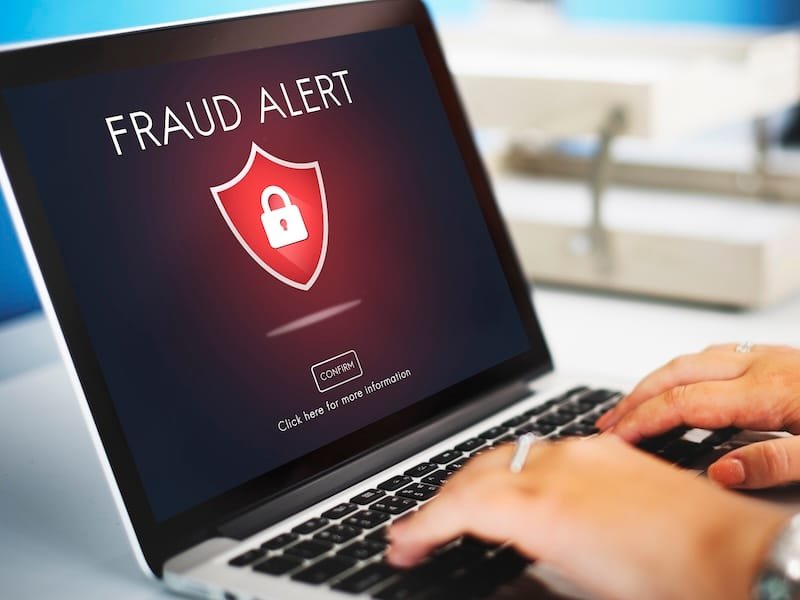Prevent Medicare Fraud
Medicare can be a great resource and unique layer of protection for people over the age of 65 and with certain disabilities under the age of 65. Unfortunately, some shady characters or organizations may try to take advantage of you by committing Medicare fraud. When you have Medicare, it is important to protect yourself from these scams and tricksters. In this article, we will break down ways to prevent Medicare fraud and protect your personal information.
What Is Medicare Fraud?
Medicare fraud is the act of knowingly submitting false information or claims to Medicare in order to receive payment for services or items that were not provided.
It can also include billing Medicare for unnecessary medical treatments or supplies. Medicare fraud can take many shapes including through telemarketing, door-to-door sales, and online scams.
The results of Medicare fraud can be serious and may include loss of Medicare benefits, large fines, and even imprisonment.
How To Protect Yourself?
1.) Keep Your Medicare Card Secure:
Your Medicare card is very important. It contains private information, like your Social Security number and Medicare number. Make sure to keep your Medicare card in a secure location and avoid carrying it around with you if you can help it. Make sure not to share your Medicare number with anyone other than your healthcare providers and your insurance broker.
2.) Look Your Medicare Statements Often:
Look over your Medicare statements to make sure that they accurately reflect the services you have been receiving. If you notice any errors or unfamiliar charges, report them immediately to Medicare. Be detailed and check for any discrepancies or discrepancies between the actual services or treatments you received and what is listed on your statement. If anything doesn’t line up, report it right away.
3.) Be careful of Unsolicited Calls or Home Visits:
Be careful when receiving unsolicited phone calls or visits from people claiming to be from Medicare. Medicare will never call or visit you out of the blue to ask for your personal information or offer you services or supplies. If you get a call or visit like that, hang up or decline the offer and report the situation to Medicare.
4.) Check On Providers and Suppliers:
Before your receive any medical treatments or supplies, make sure to research the provider or supplier to make sure they are legitimate and authorized by Medicare. You can check if a provider or supplier is enrolled in Medicare by using the Medicare.gov website. This website is a wealth of information.
5.) Be Extra Careful When Providing Your Information:
Be on guard when sharing your personal and medical information, especially on social media or with strangers. Scammers and fraudsters can use this information to steal your identity or commit Medicare fraud. Never give out your Social Security number or Medicare ID number to anyone who does not need it.
6.) Report Suspicious Incidents:
If you think you have encountered Medicare fraud, report it immediately to Medicare. You can call Medicare at 1-800-MEDICARE (1-800-633-4227). Reporting suspected fraud can help prevent others from falling prey to these traps.
Medicare fraud is a big issue that can have tremendous consequences for seniors. It is important to be active and aware in order to protect yourself from these traps. You can do this by keeping your Medicare card secure, reviewing your Medicare statements, being careful of unsolicited calls, researching providers and suppliers, being cautious when sharing your information, and reporting suspected fraud. These steps can help you and your loved ones prevent falling into any traps that scammers and fraudsters use to get your information.
Hours of Operation
MON – FRI
9:30am – 5:00pm
SAT & SUN
We are closed

